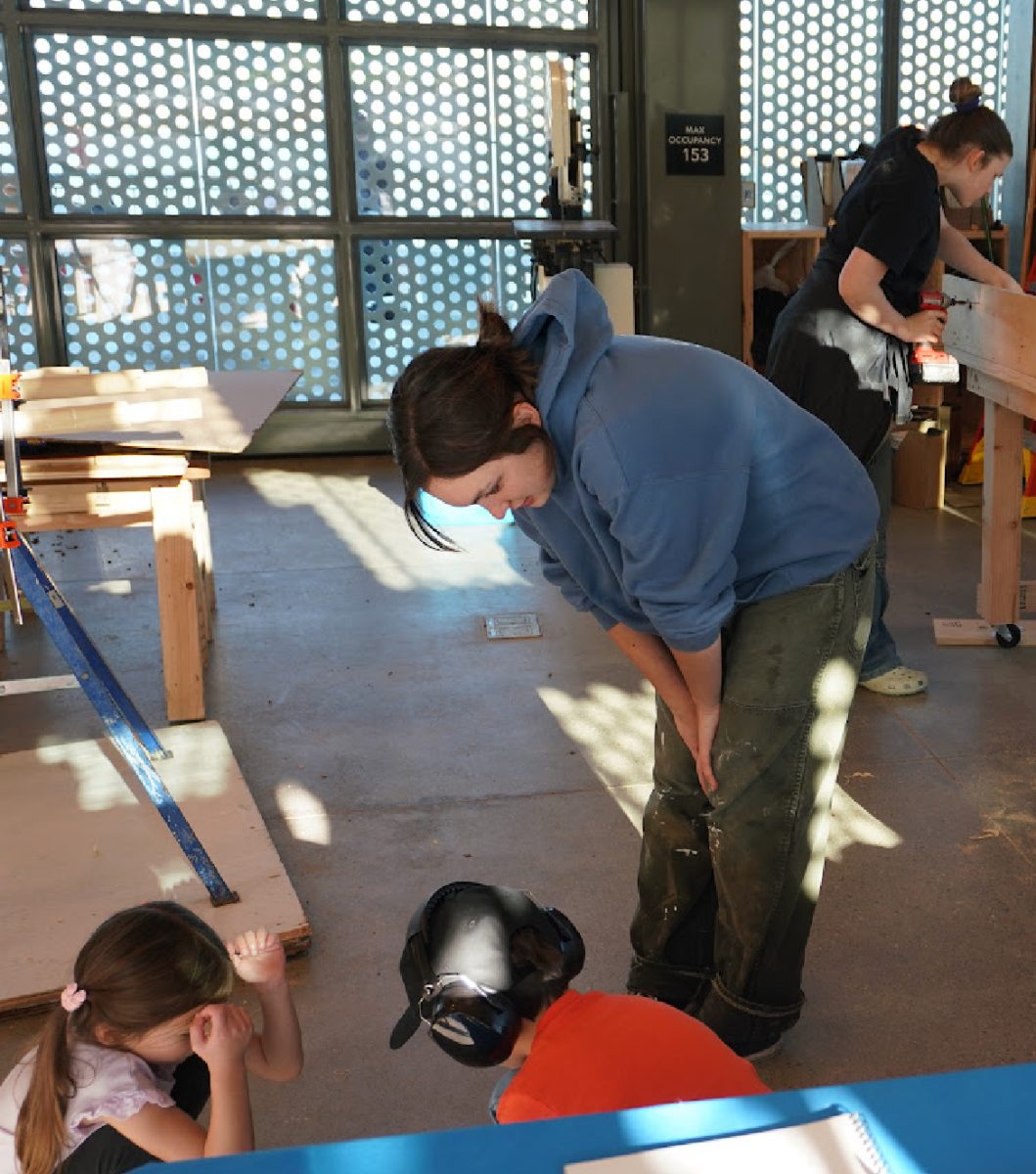Reading modern literature in school is a novel idea
May 25, 2021
Our world continues to change, pushing for advancement and social progress, yet the English curriculum remains the same. It has been centered around a similar list of books for decades, with many of our assigned readings overlapping with the books our parents read during their high school years. These classics, although beautifully written with brilliant metaphors and philosophical themes, have become outdated and less-relatable to the average high schooler. Instead, more modern literature, with its relevance, diversity, and just as significant themes, should be introduced and balanced with the classics in the curriculum.
In fact, students prefer these contemporary reads. A Cub-Bark survey found that only 21.6 percent of Redwood students prefer classical literature over modern literature in English class.

Modern literature covers subject matter that we need to discuss in school. English is an important class where students are encouraged to think about recent issues and thoroughly relate it to their lives. Books expose their readers to an entirety of new worlds, experiences, and perspectives, and should be used as learning experiences. The topics introduced in contemporary literature, specifically those of current controversy, can form a realization of the need for change.
This year, my English 3-4 class is reading five books. The newest of the five was published in 1954 — 67 years ago; the oldest in 429 BCE. These authors of the past have not lived in the present world, at least not in the way modern authors have; hence the importance of a balance in both long standing and current ideologies. With the use of modern literature, we can understand our own world on a deeper level and gain a broader view of our present society through their discussions of relevant issues. This allows for the growth of compassion and a desire for beneficial change.
Additionally, curriculum centered around the classics can form resentment towards reading. Book Cave, an organization dedicated to encouraging readers, found that 33 percent of high schoolers will never read another book after they graduate. Similarly, according to a Cub-Bark survey, about 58 percent of Redwood students find that the books they read in English class make them unmotivated to read in their free time, mainly because the books assigned are unenjoyable for many.
English teachers should help foster a love for reading in their students, and these statistics are showing that they do the opposite. This disconnect from literature is not beneficial in a classroom setting. St. John Fisher College
found that “motivation and interest in a text can be a leading factor on students’ abilities to comprehend [the reading],” and that “motivated readers… attained higher academic achievement.”
Students are not given choices in terms of the books we read. We are consistently reading one classic after another, while being told that these books have withstood the test of time, yet rarely do they live up to those expectations. I am sure they would, if they were assigned less frequently in-between the books we choose or books that cover topics we are excited about. Reading any style repetitively quickly gets boring, and ruining these classics is a horrible side effect of this teaching style.
This year, my English teacher has chosen to try to balance out the domination of the classics with a couple of assignments based on books we choose. In my last project, I read the prequel to “The Hunger Games” simultaneously with “Lord of the Flies,” which was the assigned reading. This just happened to be the most enriching and impactful literacy experience of my life. These books both covered the topic of mankind’s natural state, and it was through reading my book of choice that I better understood the argument of the “Lord of the Flies” author, William Golding.
We need a balance between classic and contemporary reads at Redwood. The breaks from each genre will let students fully appreciate the other. It will also produce a curriculum that better reflects the diversity of literature and culture, both from the past and present.
N.H. Klienbaum’s “Dead Poets Society” explained that students should “…learn to savor language and words because…, words and ideas have the power to change the world.”






